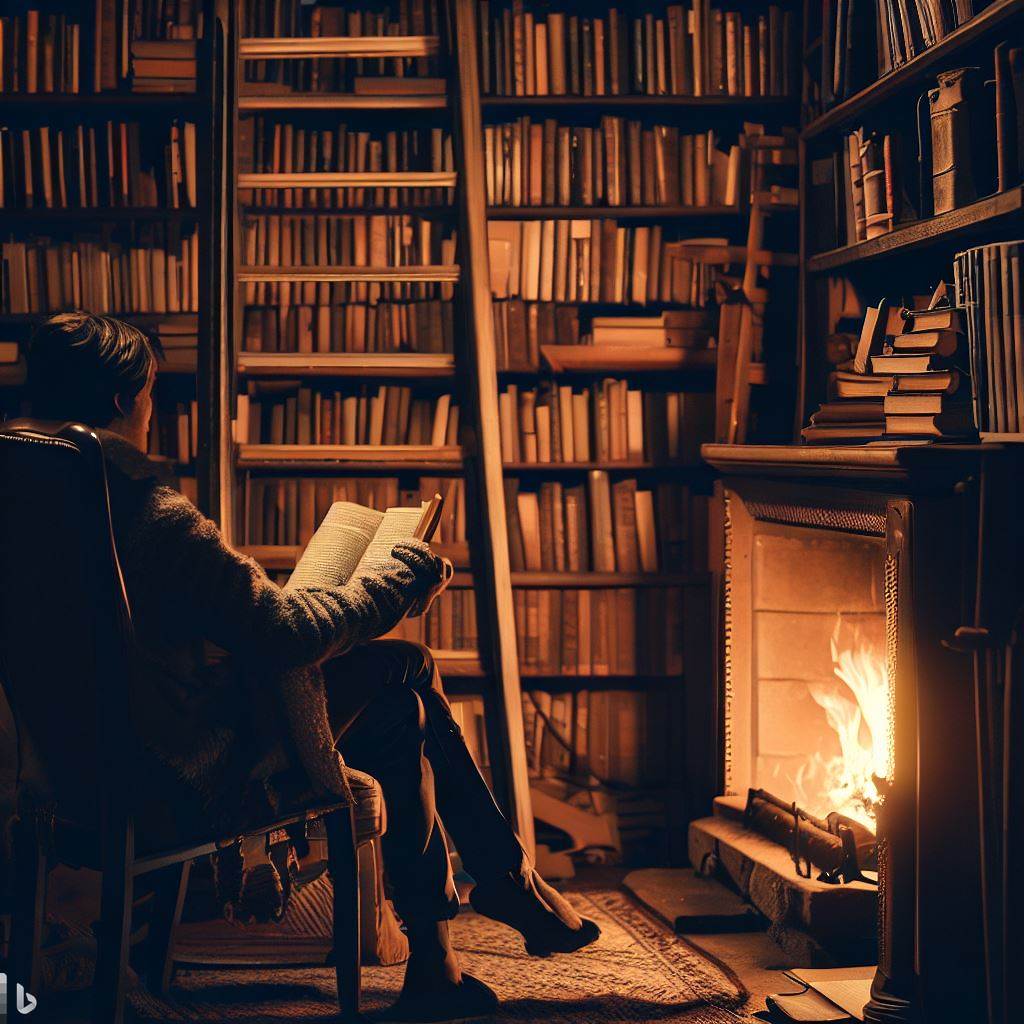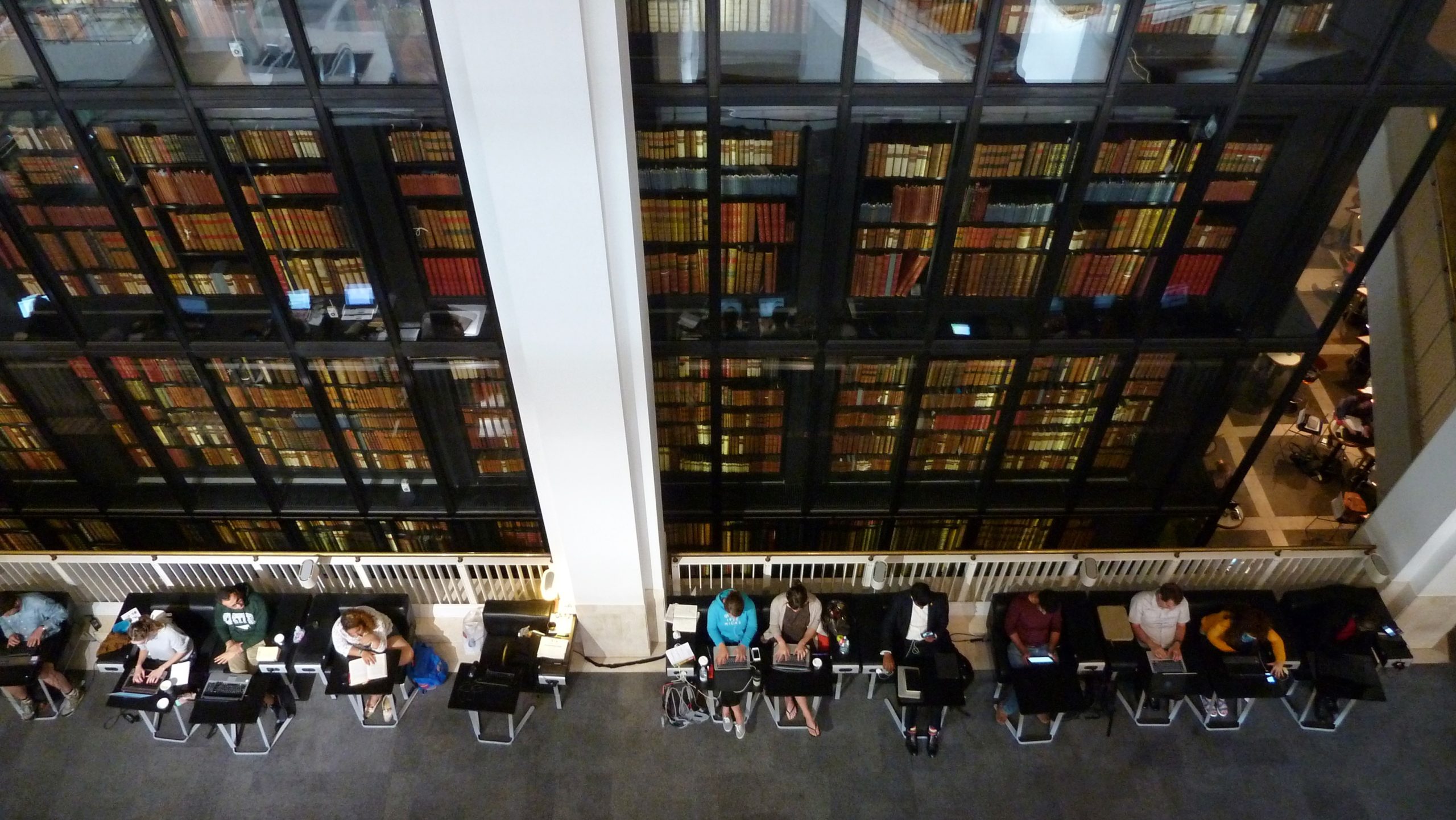Tag: library
-

Setting Up AudioBookShelf
Reading Time: 3 minutesI have been an audible member for years at this point and in that time I have “bought” hundreds of books. I write “bought” because I payed for a Platinum account for years and got credits and got the books with those credits. Over the years I have collected more books than…
-

The Thirty Book Rule
Reading Time: 4 minutesMarie Kondo’s rule that you should only keep thirty books, that you should only keep those that you personally want to read or enjoy is a silly rule because it encourages people to limit their scope and perspective on the world. Childhood One memory of my childhood is being surrounded by books…
